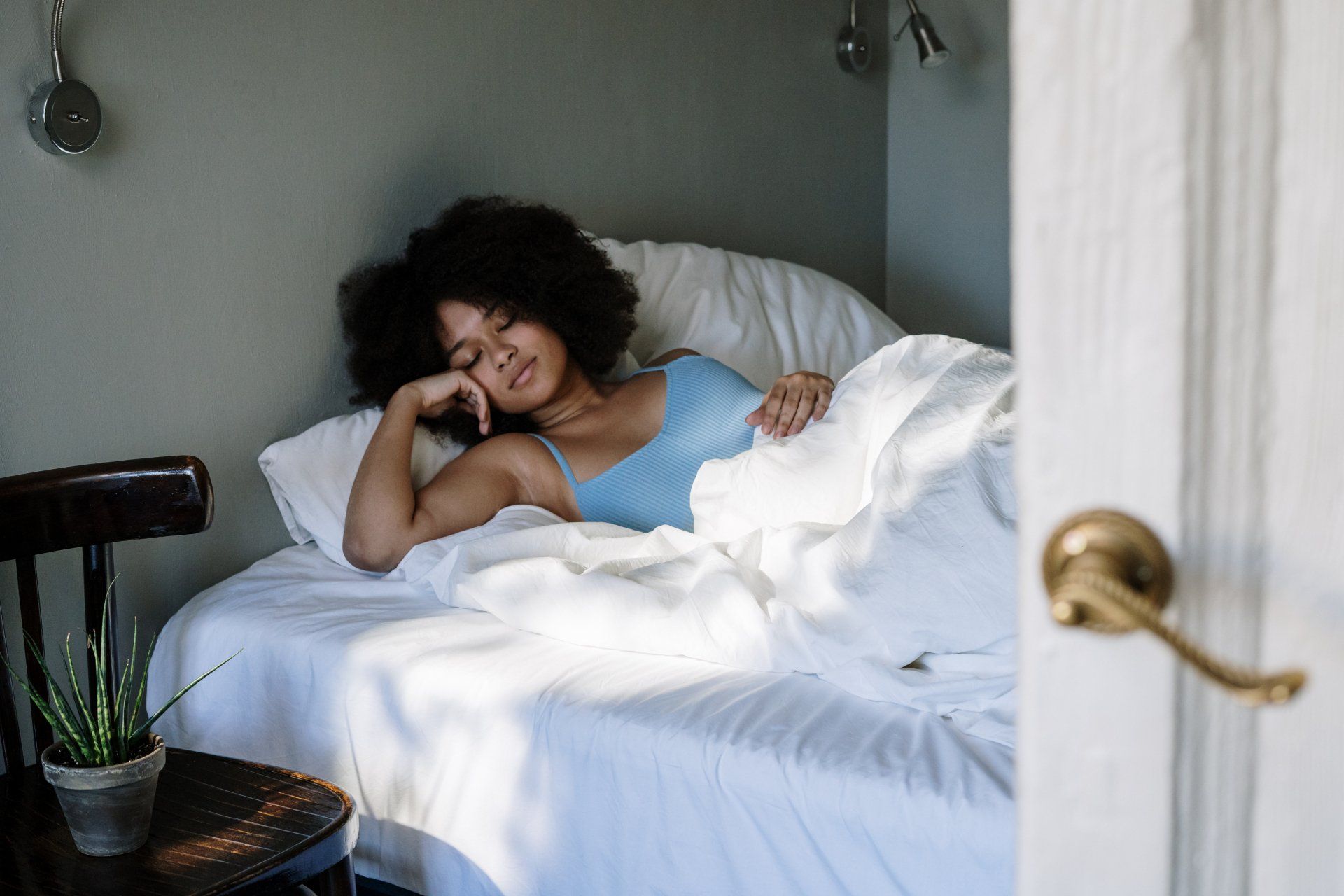Understanding Anxiety
Common Symptoms and Coping Strategies
Anxiety is a natural response to stress, often described as a feeling of fear or apprehension about what's to come. It's a normal part of life, and in some situations, it can even be helpful, motivating us to stay alert and focused. However, when anxiety becomes overwhelming and chronic, it can interfere with our daily lives, affecting our mental and physical health. As a Licensed Mental Health Counselor (LMHC), I've seen how anxiety can impact people's lives, but I've also seen the power of understanding and coping with it effectively. In this blog, I'll share insights into common anxiety symptoms and some practical coping strategies to help you or a loved one manage anxiety more effectively.
Common Symptoms of Anxiety
Anxiety is a multifaceted experience, and its symptoms can manifest in various ways, both mentally and physically. It's essential to recognize these symptoms to identify and address anxiety effectively. Here are some common signs of anxiety:
1. Excessive Worry: One of the hallmark symptoms of anxiety is excessive and uncontrollable worry about various aspects of life, including work, relationships, health, or finances.
2. Restlessness: Feeling on edge or unable to relax, often accompanied by physical symptoms like muscle tension and restlessness.
3. Racing Thoughts: A rapid stream of thoughts that can be difficult to control, leading to a sense of overwhelm.
4. Irritability: Anxiety can make people more irritable or quick-tempered, even in situations that typically wouldn't bother them.
5. Physical Symptoms: Anxiety can manifest physically with symptoms like a racing heart, shortness of breath, sweating, trembling, and gastrointestinal discomfort.
6. Sleep Problems: Difficulty falling asleep, staying asleep, or experiencing restorative sleep is common in people with anxiety.
7. Avoidance Behaviors: People with anxiety often try to avoid situations or places that trigger their anxiety, which can limit their daily activities and social interactions.
8. Poor Concentration: Anxiety can make it challenging to concentrate, focus, or make decisions.
Coping Strategies for Anxiety
Thankfully, anxiety is manageable, and there are various strategies that you can incorporate into your daily life to reduce its impact. Here are some coping strategies that can help:
1. Mindfulness and Meditation: Practicing mindfulness and meditation can help you stay grounded in the present moment, reducing the focus on anxious thoughts about the future.
2. Breathing Exercises: Deep breathing exercises can help calm the body's stress response and reduce physical symptoms of anxiety. Try inhaling deeply through your nose for a count of four, holding for four, and exhaling slowly through your mouth for a count of six.
3. Physical Activity: Regular exercise is a powerful tool for managing anxiety. It releases endorphins, which are natural mood lifters.
4. Healthy Lifestyle Choices: Proper nutrition, adequate sleep, and minimizing caffeine and alcohol intake can contribute to better mental health.
5. Seek Professional Help: Don't hesitate to reach out to a mental health professional like an LMHC or a psychiatrist. Therapy can provide you with the skills and support you need to manage anxiety effectively.
6. Cognitive-Behavioral Therapy (CBT): CBT is a well-established therapeutic approach for managing anxiety. It helps you identify and change negative thought patterns and behaviors that contribute to anxiety.
7. Medication: In some cases, medication prescribed by a psychiatrist may be necessary to manage severe anxiety symptoms. It's essential to consult with a healthcare provider to determine if this is an appropriate option for you.
8. Support System: Share your feelings with a trusted friend or family member. Sometimes, talking about your anxiety can provide relief and support.
9. Self-Care: Incorporate self-care activities into your routine, such as taking time for hobbies, relaxation, and doing things you enjoy.
Remember that it's entirely normal to experience anxiety from time to time. However, when anxiety becomes overwhelming and interferes with your daily life, it's essential to seek help and implement coping strategies. As an LMHC therapist, I'm here to support you in your journey towards managing anxiety effectively. Together, we can work on understanding the root causes of your anxiety and developing personalized strategies to help you regain control over your life. Don't hesitate to reach out for support and take the first step toward a happier, calmer you.



